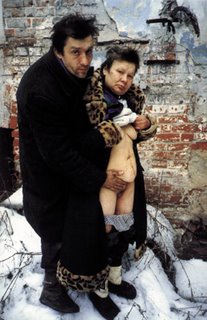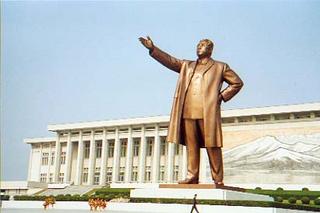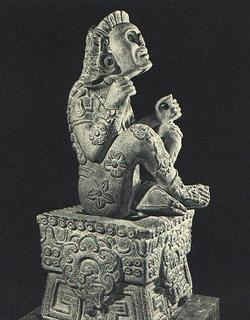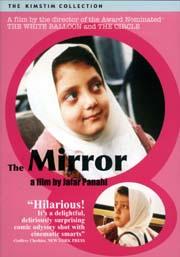
from Martial's De Spectaculis Liber
Quae tam seposita est, quae gens tam barbara, Caesar,
ex qua spectator non sit in urbe tua?
venit ab Orpheo cultor Rhodopeius Haemo,
venit et epoto Sarmata pastus equo,
et qui prima bibit deprensi flumina Nili,
et quem supremae Tethyos unda ferit;
festinavit Arabs, festinavere Sabaei,
et Cilices nimbis hic maduere suis.
crinibus in nodum tortis venere Sygambri,
atque aliter tortis crinibus Aethiopes.
vox diversa sonat populorum, tum tamen una est,
cum verus patriae diceris esse pater.
What nation is so remote and primitive, Caesar, that there isn't at least one of them here in Rome? A Balkan farmer from the sacred peaks, a Romanian-Iranian brought up on horse blood, or a man who drinks water at the source of the Nile, or a man lashed by waves at the edge of the world.* The Arabs make their way here, even from Yemen. Armenians come as well, splashing themselves with cologne. The Germans are here with their hair knotted-up, Ethiopians too with that strange curly hair. One hears a multitude of different languages but we speak with one voice, when you, Caesar, are hailed true father of the nation.*
the BritishTurba gravis paci placidaeque inimica quieti,
quae semper miseras sollicitabat opes,
traducta est getulis nec cepit harena nocentis:
et delator habet quod dabat exilium.
A group of people who endanger the peace, and cannot live in a calm or contented way, who merely make heavier the burden of our wealth - these were led in the arena, and the vast arena had insufficient room for the guilty! Now they take the punishment they used to deal out, and the blackmailer flies into exile.Prostratum vasta Nemees in valle leonem
nobilis Herculeum Fama canebat opus.
prisca fides taceat: nam post tua munera, Caesar,
haec iam feminea vidimus acta manu.
Hercules is famous for laying out a lion in Nemea, but ancient fortitude is no match for ours. Thanks to your shows, Caesar, we have seen what armed women can do.Qualiter in Scythica religatus rupe Prometheus
assiduam nimio pectore pavit avem,
nuda Caledonio sic viscera praebuit urso
non falsa pendens in cruce Laureolus.
vivebant laceri membris stillantibus artus
inque omni nusquam corpore corpus erat.
denique supplicium dignus tulit: ille parentis
vel domini iugulum foderat ense nocens,
templa vel arcano demens spoliaverat auro,
subdiderat saevas vel tibi, Roma, faces.
vicerat antiquae sceleratus crimina famae,
in quo, quae fuerat fabula, poena fuit.
As Prometheus on his rock in Scythia fed a bird with his own chest, so Laureolus, on a real cross, fed a wild pig with his own flesh. His dripping limbs were cut to pieces, but he still remained alive till he had no body left. It was what he deserved after all, he'd cut his father's throat, or maybe his owner's, or was it that he'd stolen the gold from a temple or set off explosions? But the end was something better than a story - what was once just a play became a real execution!
Lambere securi dextram consueta magistri
tigris, ab Hyrcano gloria rara iugo,
seava ferum rabido laceravit dente leonem:
res nova, non ullis cognita temporibus.
ausa est tale nihil, silvis dum vixit in altis:
postquam inter nos est, plus feritatis habet.
A female tiger from the mountains of Hyrcania, who used to lick the hand of her trainer, attacked a wild lion and tore it to pieces. It was something really new, unprecedented! She would never have dared to do that when she lived in the forests, but since living among us, she has grown in ferocity.
from Marcus Valerius Martialis, Epigrams Vol. 1 in the Loeb Classical Library.
The translations I changed a bit. I feel the Latin writers of the Silver Age speak very powerfully to us now. Lucan, Seneca - and Martial. They sink their heads in the corruption of the age, and even when they seem to be smiling defiantly, one feels their discontent and pain. These poems were written to comment on shows in the arena. I often wonder what Martial could have meant by them.












